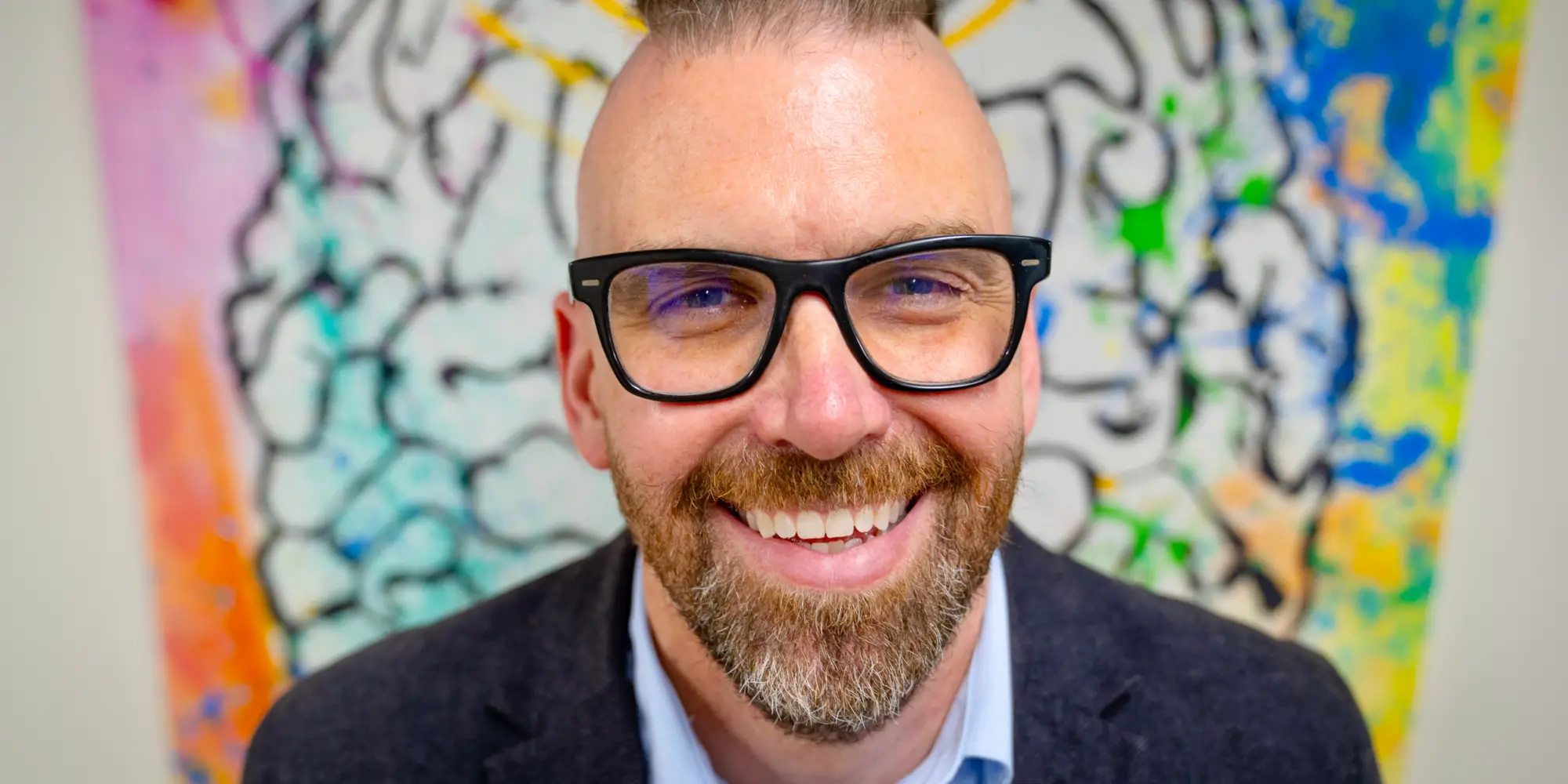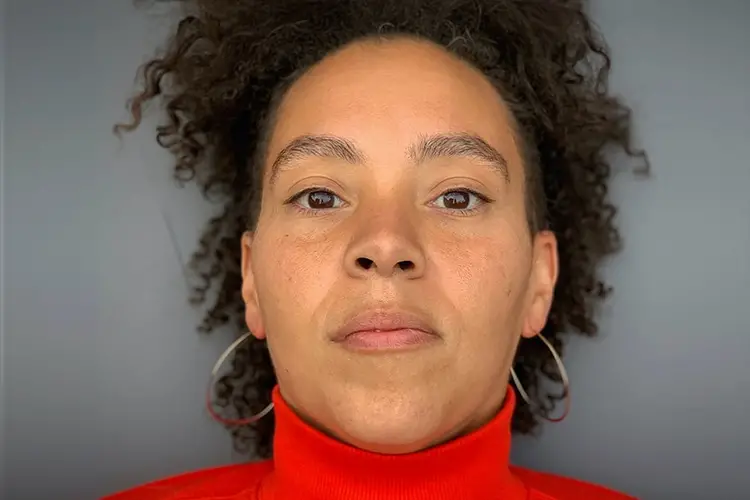
CMU Neuroscientist Has Big Plans for Guggenheim Fellowship
Media Inquiries
Timothy Verstynen(opens in new window) has always been fascinated by how organisms explore their environments — from the human quest to map the surfaces of distant planets to the itty-bitty journeys of single-celled bacteria. And now, as the recipient of a 2025 Guggenheim Fellowship, Verstynen will have an opportunity to dig into the science of exploration like never before.
“I was always a curious kid, and I’m a curious person, and I think that’s a critical drive for exploration,” said Verstynen, who is the interim director of the Carnegie Mellon University Neuroscience Institute(opens in new window). “In fact, all science is exploration. We’re trying to discover new things about the world.”
While on sabbatical from CMU, and in conjunction with his newly accepted Guggenheim Fellowship, Verstynen plans to spend one year traveling the globe and interviewing experts on various facets of exploration — an exploration of exploration, in his words. This could include astrobiologists searching for life in space, geologists drilling into the Earth’s depths, engineers developing algorithms for autonomous robots, or scientists uncovering secrets about the planet's first life forms.
“The drive to explore is baked deep in our evolutionary history,” said Verstynen, who is also a professor in the Department of Psychology(opens in new window) and Neuroscience Institute.
With the ink still drying on his fellowship announcement, made public on April 15(opens in new window), Verstynen said he is trying to keep his options open. Perhaps a visit to the wood-paneled halls of the Explorers Club in New York City this summer will spur him in an entirely new direction.
Wherever his travels take him, Verstynen plans to have a microphone in hand so that he can bring the general public with him on the path of discovery. Ultimately, he aims to publish a popular science book on the topic with Princeton University Press and a limited series podcast about the experience.
Awarded each year to "trailblazing artists and scholars(opens in new window)," the John Simon Guggenheim Memorial Foundation offers fellows a monetary stipend that allows them to work on big ideas under “the freest possible conditions.”
“This is a great honor and Tim is the perfect recipient,” said Richard Scheines(opens in new window), the Bess Family Dean of the Marianna Brown Dietrich College of Humanities and Social Sciences. “Every time I talk to Tim about something administrative, we are soon talking about something scientific — his curiosity is infectious! Tim has been a great steward of our fMRI center, BRIDGE, and an active and passionate interim director of the Neuroscience Institute, so having a year to freely explore is something he fully deserves and has earned. I’m literally jealous.”
In some ways, the evolutionary origins of exploration are simple, said Verstynen. When organisms reach the limit of the resources around them, they can shrink their population to find balance, or they can venture out into new territory. And that goes for microbes on up to monkeys.
But as anyone who has ever felt the call of the open road or wondered what was over the horizon knows, there’s also something more to this story.
For instance, living things, from bacteria to wildebeest, undertake vast journeys to find food and other resources. But what drives humans to look for life on planets they will never see, let alone set foot upon?
“I just think that the idea of searching for life is fascinating, but also, why do we care?” asked Verstynen. “Why do we even want to go out and look for life?”
Interestingly, while William James wrote about curiosity and exploration in “The Principles of Psychology” more than a century ago, Verstynen said it’s only been within the last decade or so that there’s been a resurgence of interest in such topics by modern neuroscientists and psychologists.
“We’re kind of restarting from the beginning,” said Verstynen.
“Tim’s Guggenheim Fellowship is a reflection of his remarkable creativity and vision as a scientist,” said Barbara Shinn-Cunningham(opens in new window), the Glen de Vries Dean of the Mellon College of Science(opens in new window) at CMU. “As interim director, he leads the Neuroscience Institute with empathy and purpose, just as I knew he would.
“I am proud to call him my colleague,” said Shinn-Cunningham.
Verstynen will be among 198 professionals across 53 disciplines inducted into the 100th class of Guggenheim Fellows at a formal ceremony on June 2 in New York City. This marks the eleventh time the John Simon Guggenheim Memorial Foundation has bestowed a fellowship upon Dietrich College faculty.


